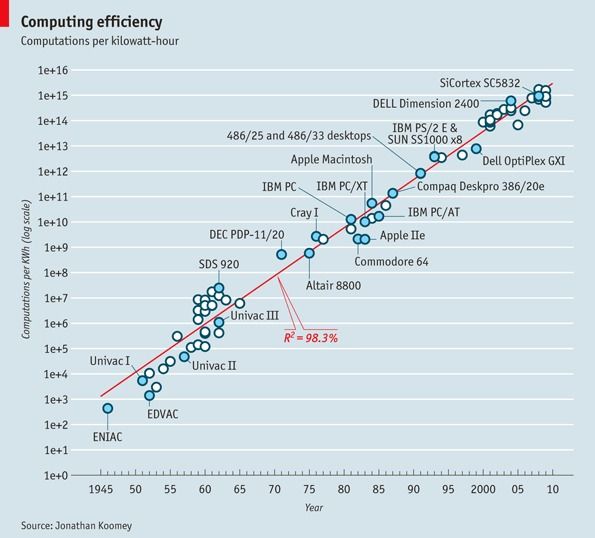 Zoltan Istvan — Huffington Post Visionary; Philosopher; Author of bestselling novel ‘The Transhumanist Wager’
Zoltan Istvan — Huffington Post Visionary; Philosopher; Author of bestselling novel ‘The Transhumanist Wager’
For a few billion people around the world, Christmas is the most important and relished holiday of the year. It’s the day with the most gift-giving, the most family get-togethers, the most religious activities, and the most colorful fairy tales that children and adults almost universally embrace with sacred fervor. For many nations, no other day comes close to being as special. For this reason, it seems almost unimaginable that another day — especially an unknown one looming on the horizon — will soon unseat Christmas as the most important day in the world. Nonetheless, for humanity, the course is set. The birth of an artificial intelligence equal or greater than that of human intelligence is coming. It’s called AI Day. And once it arrives, it will rapidly usher in a new age.
For decades, the concept of a man-made intelligence matching or surpassing our own — technically called AGI (artificial general intelligence) or Strong AI — has been steeped in science fiction. Upon hearing the term AI, many people immediately think of the sentient computer HAL in Stanley Kubrick’s masterpiece film 2001: A Space Odyssey. However, what most people fail to grasp is that once AI becomes self-aware and joins with the internet, it could grow its intelligence thousands of times in just mere days, perhaps hours. Frankly, it could quickly surpass all measurements of intelligence that humans are even capable of monitoring and recognizing.
“I think that Ray Kurzweil’s estimate that we will achieve human-level Artificial General Intelligence by around 2029 is a reasonable guesstimate,” says Dr. Ben Goertzel.
Read more
What can we expect when machines surpass humans in intelligence; a point in time that futurists predict could become reality by 2045.















